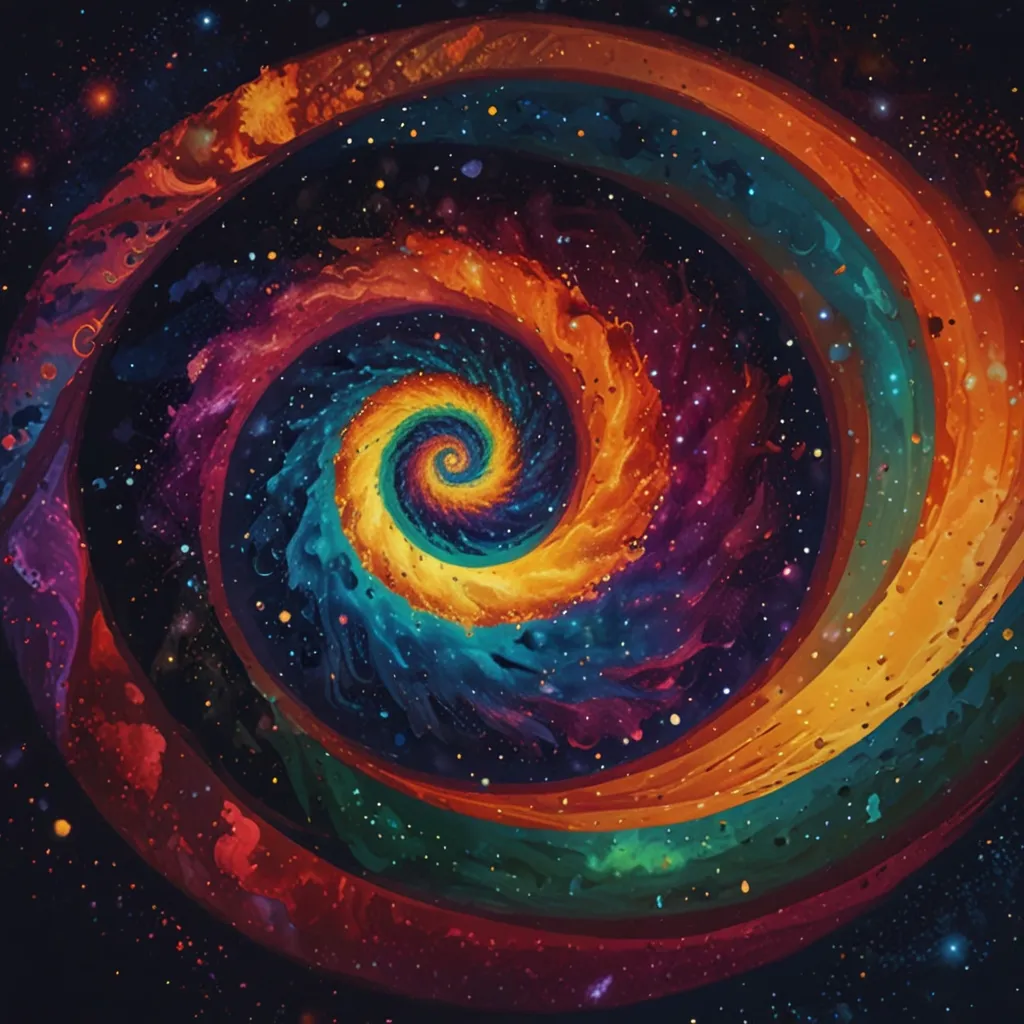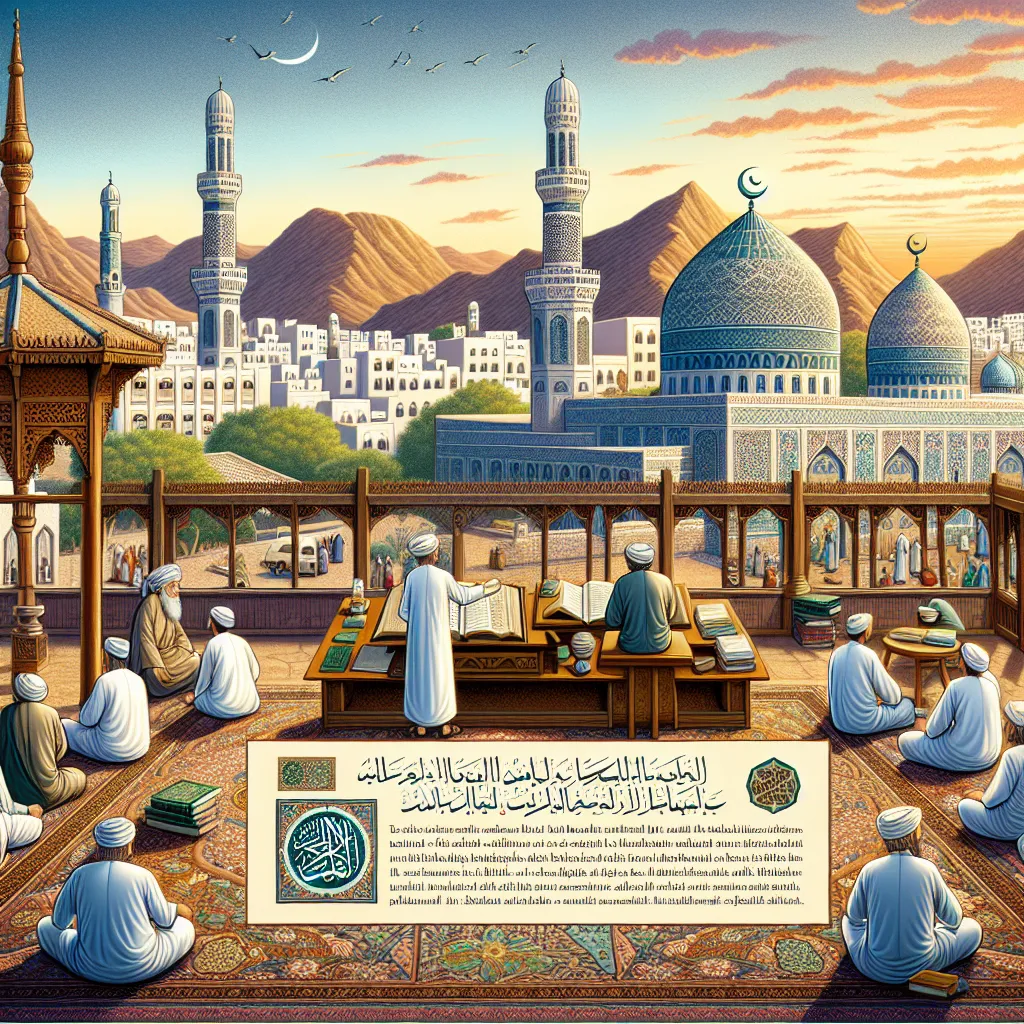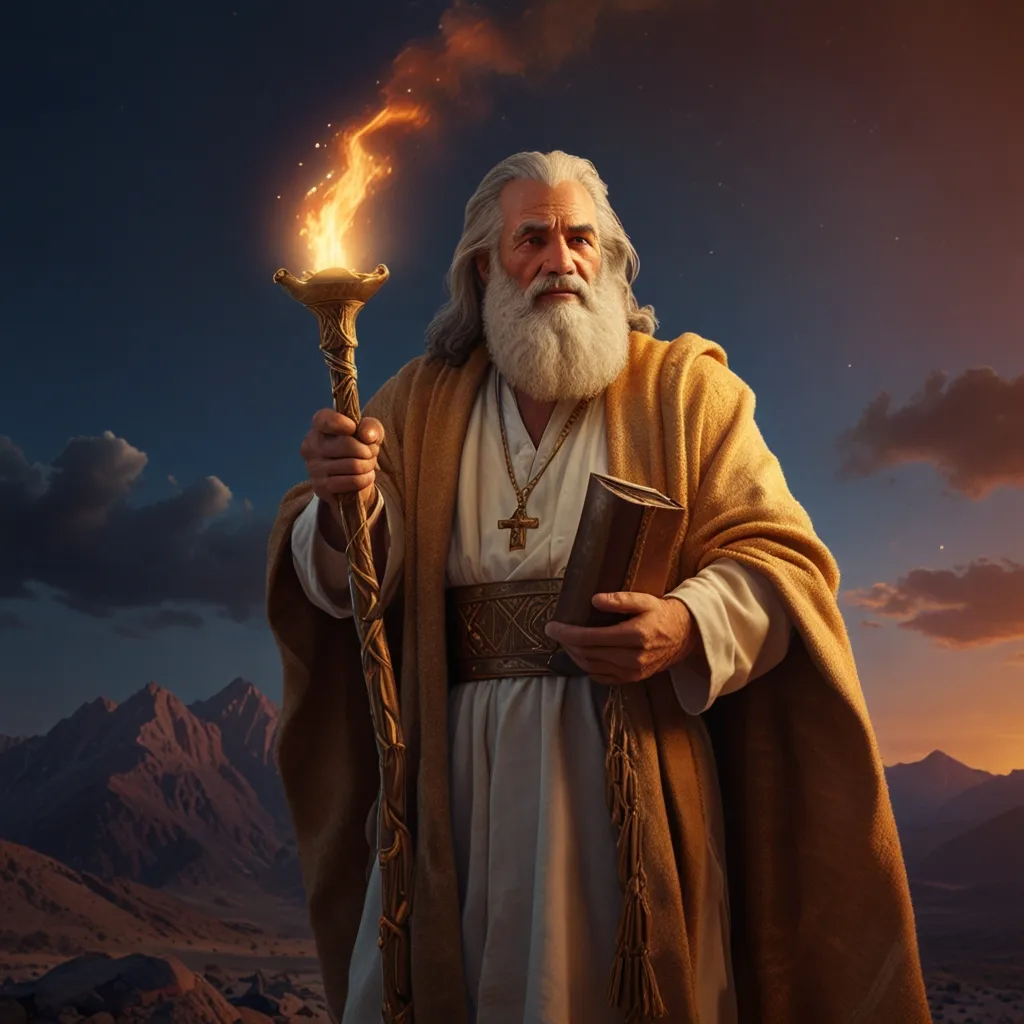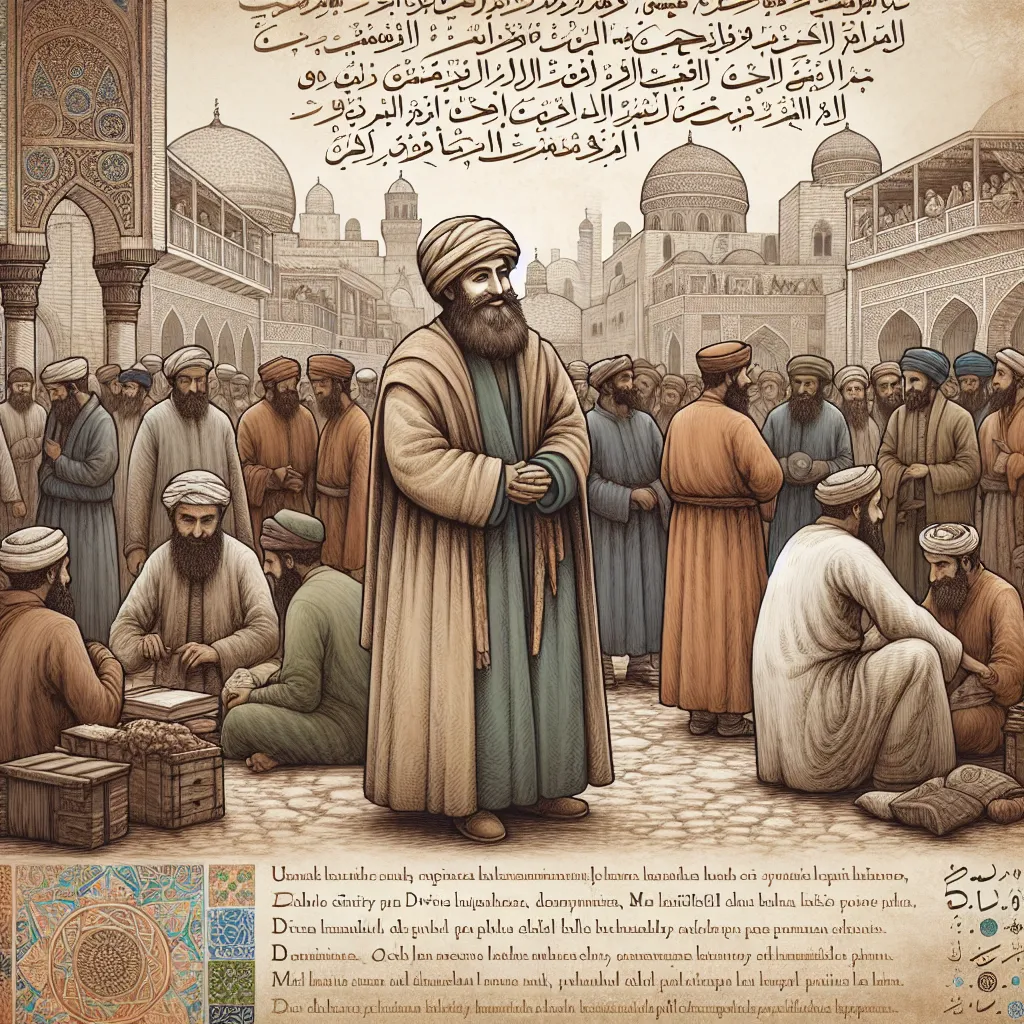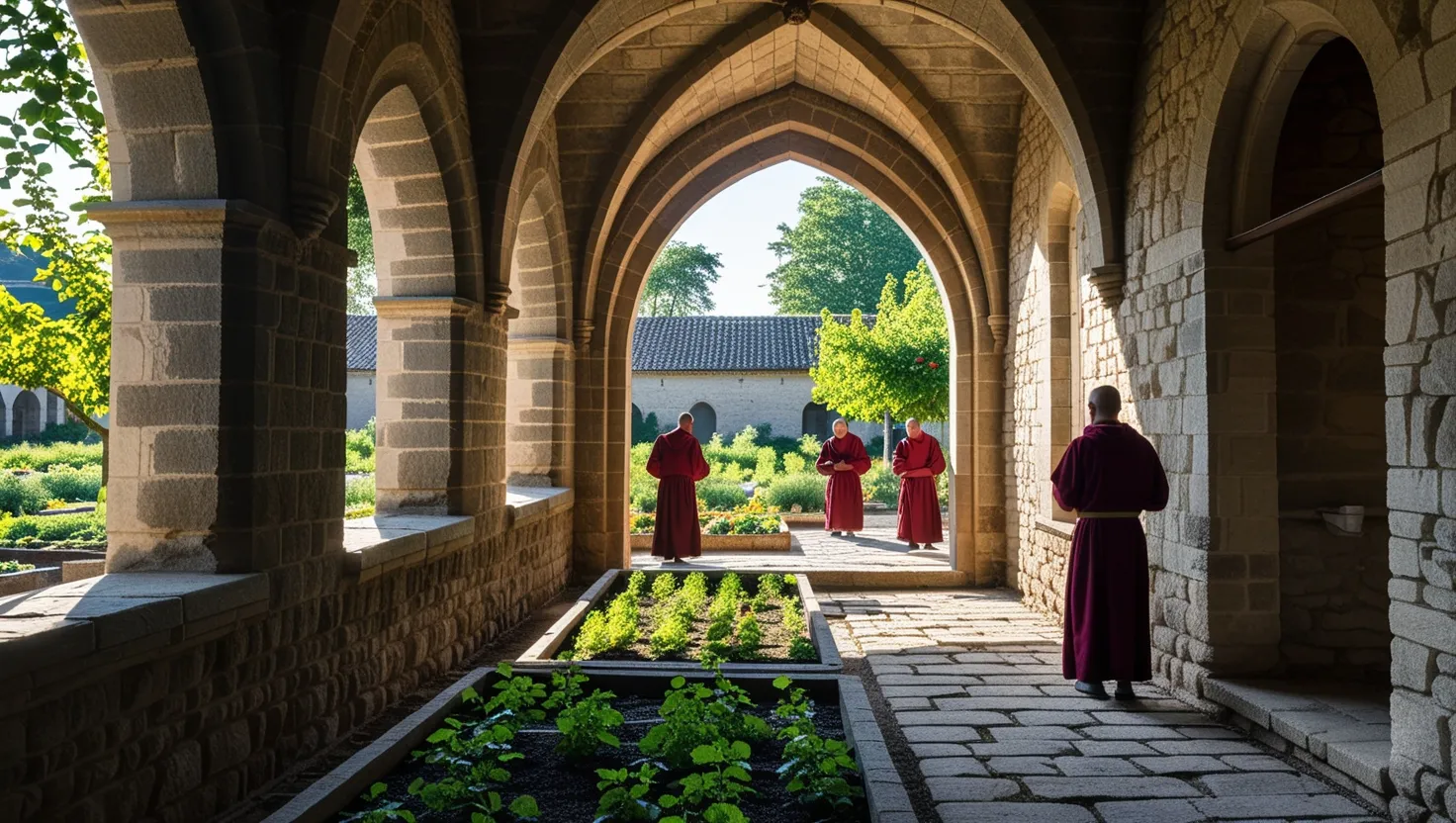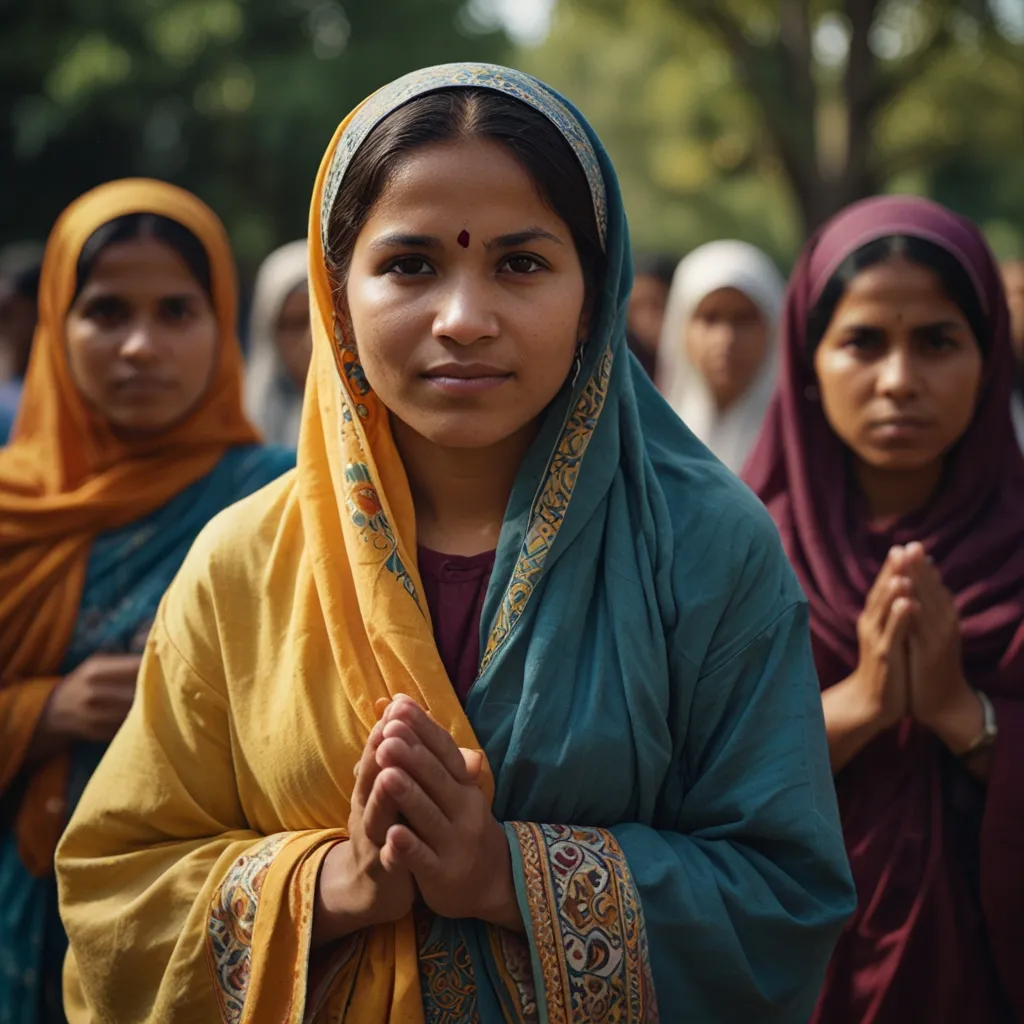Reincarnation is one of those concepts that’ll make you stop and think for a minute. It’s been a big deal in Hinduism for ages, literally thousands of years. Essentially, it’s the idea that when someone dies, their soul doesn’t just vanish into thin air—it gets a new body and starts life all over again. This whole cycle of birth, death, and rebirth? That’s what they call samsara.
In the eyes of Hinduism, the soul is immortal. And it’s not just humans who have souls; animals and plants do too. Whenever someone dies, their soul moves into another body. The type of new body you get—whether it’s human, animal, or something even more divine—depends on your karma. Karma is like a cosmic scorecard, keeping track of all your good and bad deeds throughout your lives.
The idea of reincarnation is closely tied with karma. Essentially, how you live your life right now sets the stage for your next one. Do good, and you might find yourself in a better situation next time around. Do bad, and life might throw more challenges your way.
Hindu scriptures like the Bhagavad Gita and the Upanishads dive deep into reincarnation. They liken the soul’s journey to changing outfits. Just like you change clothes when they’re worn out, the soul changes bodies when it’s time. This dance continues until the soul eventually achieves liberation—or mukti—and steps out of the cycle of reincarnation for good.
One of the coolest parts about reincarnation in Hinduism is the idea of jatismaras—people who can actually remember their past lives. These folks are rare, but their memories often serve as proof for believers, offering some tangible evidence of past lives.
But reincarnation isn’t just about living multiple lives; it’s also about evolving spiritually. The big goal here is to achieve moksha, or liberation from the endless cycle of birth and death. How do you get there? By living virtuously, practicing self-discipline, and seeking spiritual wisdom.
Now, Hinduism isn’t the only religion that talks about reincarnation. Jainism and Buddhism also have similar ideas. But Hinduism gives a pretty detailed roadmap of how this all works, making it a major cornerstone of its philosophy and practices.
So, to wrap it up, reincarnation in Hinduism is all about the soul’s eternal nature and its journey through various lives, dictated by karma. This cycle carries on until the soul finally breaks free after achieving spiritual liberation. It’s a deep, intricate belief that’s central to understanding Hinduism.
